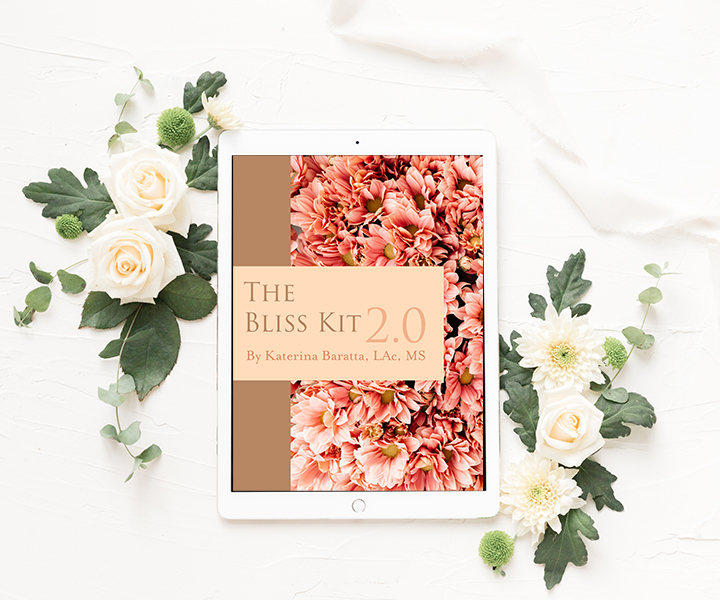Anxiety and the Nervous System
Do you ever wish you could time-travel? Any time you experience anxiety that’s exactly what you’re doing.
Here’s how it works:
When you encounter a stressful situation that you can’t escape—or don’t have the opportunity to process afterwards,—the memory of that stress gets stored in your nervous system as a pattern. From that point on, you become sensitive to any situation that reminds you of that past threat, and the stress pattern gets reactivated in your nervous system as a result.
Your mind then goes into hyper-drive, sending you as many thoughts as it can about what may or may not happen, in hopes that it’ll help you avoid more threatening situations in the future.
Anxiety convinces you that you are in danger, even when you are perfectly safe.
For example, if your parents had a tumultuous, stressful relationship while you were growing up, you might then find yourself with relationship anxiety when things start getting serious with your own partner. Even if your new relationship is loving and relatively peaceful, the mere fact that you’re in a relationship brings up everything you know about relationships, and your stress patterns get reactivated, so your mind starts nit-picking your partner find any problem it can.
Or maybe you heard about a plane crash at some point and the story alarmed you, and now anytime you have to fly somewhere your heart starts racing, you start to sweat, and no view is stunning enough to make you enjoy your flight.
When stress patterns are reactivated in your nervous system, the stress clouds your ability to see the present moment clearly.
Now you’re time-traveling.
Your mind gets stuck imagining an unpredictable future, while your nervous system is reliving the stress you experienced in the past.
And this is why you feel anxious: Because thoughts about the future won’t solve the alarm you feel when stress patterns are reactivated in your body.
Every future-oriented thought you have while feeling stressed only serves to reinforce the stress patterns in your nervous system, because no thought about an unpredictable future —and the future is always unpredictable,— can give you the security you seek. Life is only ever happening now, in the present moment, everything else is imaginary. So the only way you can ever feel better is to learn how to calm your stress response in this moment, now, the moment that you’re actually in.
Related: 10 Ways to Regulate Your Nervous System
Neither your circumstances, nor the thoughts you have about your circumstances, are ever the cause of your anxiety.
If you didn’t feel stressed, anxiety wouldn’t be a problem for you. Even unpleasant thoughts wouldn’t really bother you, they’d go as quickly as they come, passing through your mind like clouds in the sky.
It’s the stress you feel in your body that makes you desperately cling to your thoughts as if they were the truth, the whole truth, and nothing but the truth. Meanwhile, the actual truth is that thoughts are always limited by past experience. It’s like the mind can only look at the static 2D pictures it’s collected in its memory, while reality is dynamic and ever-changing.
Related: Don’t Believe Everything You Think (and How to Discover the Truth)
In order to heal anxiety and meet life open-heartedly, with the joy and eagerness you want, you have to change the patterns in your nervous system. You have to learn how to feel safe in the moment you’re in instead of subconsciously activating stress patterns from the past.
Retraining your nervous system is a multi-layer process. Both in the mind and the body have to be addressed in order to feel real, lasting change.
The self-inquiry section of the Bliss Kit freebie can help you see past your stressful thoughts, and qigong can help you release the stress patterns in your body. If you haven’t tried these techniques yet, I encourage you to do so.
It takes time and consistent practice, but with practice, healing is possible.
With practice, you can start to realize —on the deep, visceral level where your nervous system resides,—that you are safe, even when your thoughts are unpleasant. And once you know you’re safe, once your nervous system learns to relax instead of reactivating old stress patterns, intrusive thoughts go away all on their own and anxiety stops being a problem for you.





